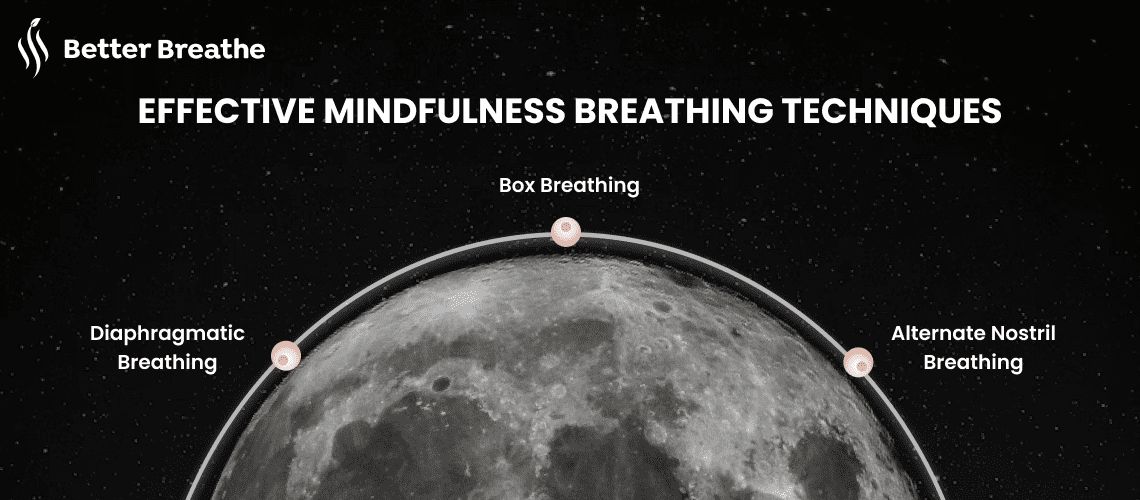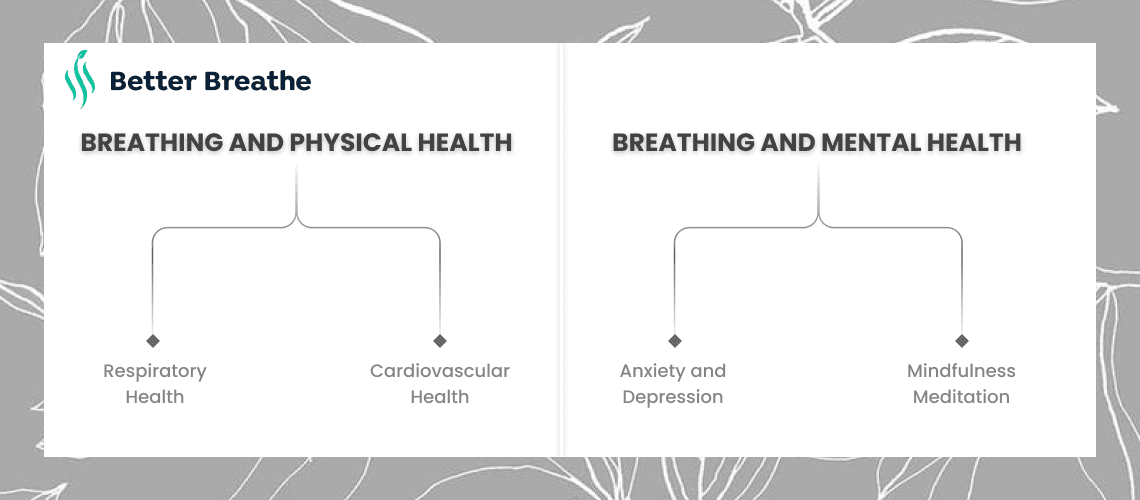
In today's fast-paced world, we often neglect the simple act of breathing. It's something we do naturally without much thought, but what if we told you that the way you breathe could significantly impact your life? Proper breathing techniques can enhance not only your physical health but also your mental well-being and overall quality of life. In this article, we'll delve into the art of mindful breathing, exploring its profound effects on your body and mind.
Breathing is an essential aspect of human existence, yet it's often overlooked when we consider ways to improve our lives. Our breathing patterns can either be shallow and erratic or deep and controlled. The latter is what we aim to achieve through mindful breathing practices.
Before we dive into the benefits of proper breathing, let's understand the physiology behind it. Breathing is a complex process that involves the diaphragm, lungs, and various muscles.
Your body will get enough oxygen if you are breathing properly. This oxygen is essential for energy production and overall vitality.
Mindful breathing is a potent tool for stress reduction. It activates the body's relaxation response, helping you cope with life's challenges more effectively.
Deep rhythmic breathing can sharpen your focus and concentration. It's a valuable skill in today's distraction-filled world.

There are several mindful breathing techniques you can incorporate into your daily routine.
Diaphragmatic breathing, also known as abdominal or deep breathing, involves using your diaphragm to breathe deeply and fully.
Box breathing involves inhaling, holding your breath, exhaling, and holding your breath again, each for an equal amount of time.
This yogic breathing technique involves alternating between your left and right nostrils, which can balance the two hemispheres of your brain.
Breathing techniques can be applied to various aspects of your daily life.
Proper breathing can boost productivity by reducing stress and enhancing focus.
Mindful breathing can optimize your workout sessions, helping you achieve better results and reduce the risk of injury.
Breathing exercises can improve sleep quality, ensuring you wake up refreshed and energized.

Proper breathing is not just about mental well-being; it also has a profound impact on your physical health.
Healthy breathing patterns can prevent respiratory issues and improve lung capacity.
Proper oxygenation supports a healthy heart and can reduce the risk of cardiovascular diseases.
The connection between breathing and mental health is undeniable.
Mindful breathing can alleviate symptoms of anxiety and depression, offering a natural way to manage these conditions.
Breathing is a central focus of mindfulness meditation, a practice that cultivates mental clarity and emotional balance.
A good breathing technique can significantly improve the quality of your life. Breathing exercises help reduce stress, increase oxygenation, lower blood pressure, and promote relaxation. Mindfulness breathing techniques promote physical health as well as mental and emotional well-being. By using the Better Breathe app, you can easily access a variety of guided breathing exercises and mindfulness techniques that can be incorporated into your daily routine. Download Better Breathe today from the Play Store and App Store.